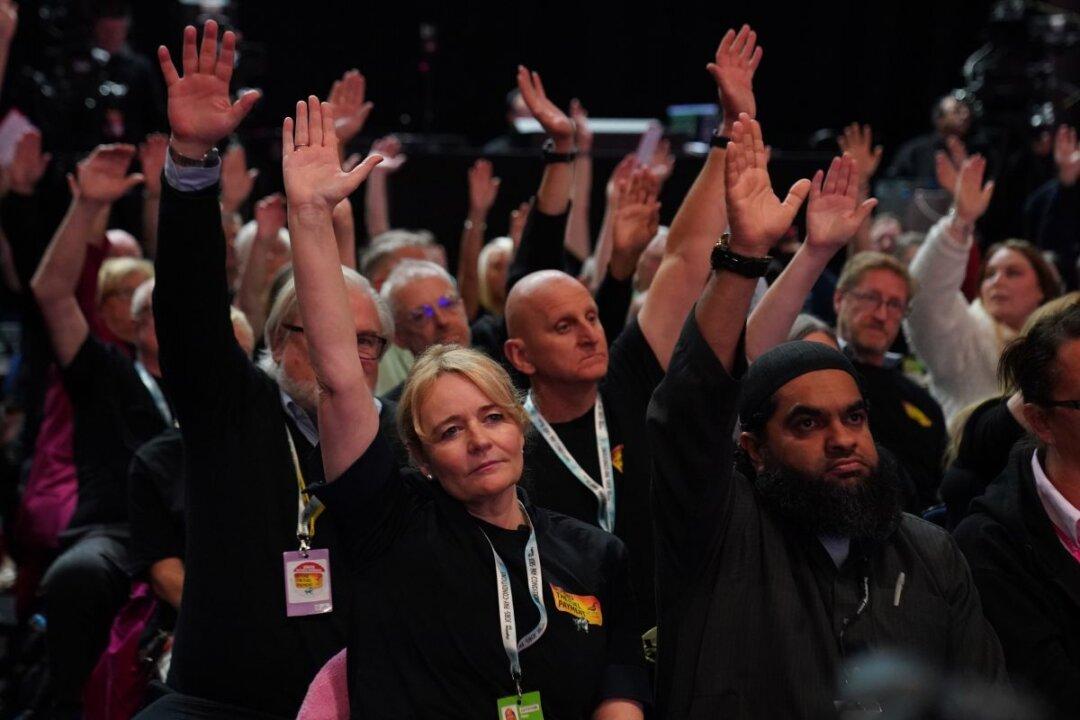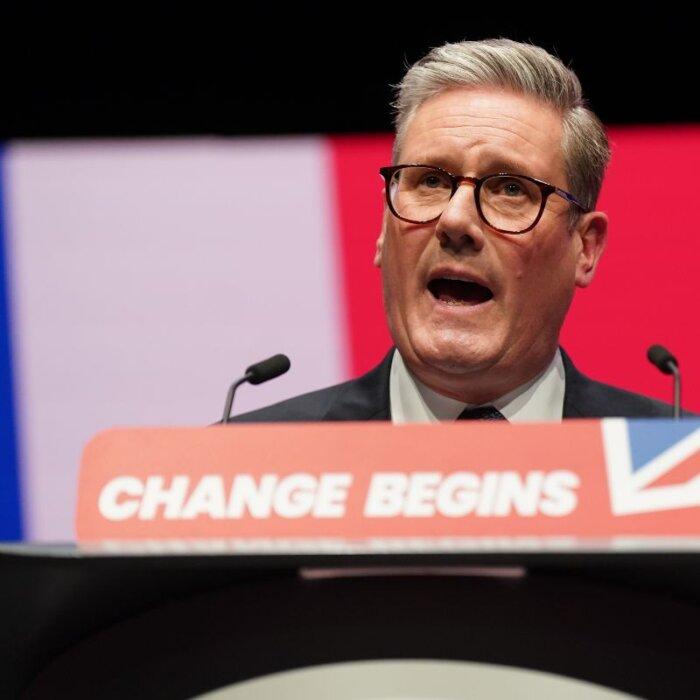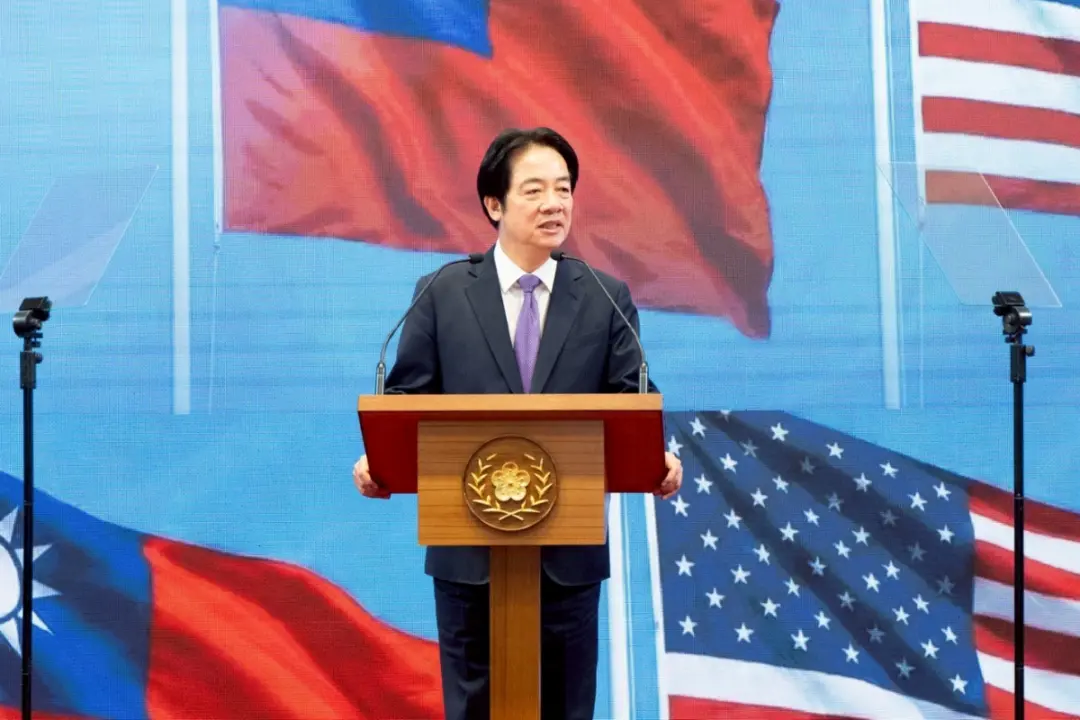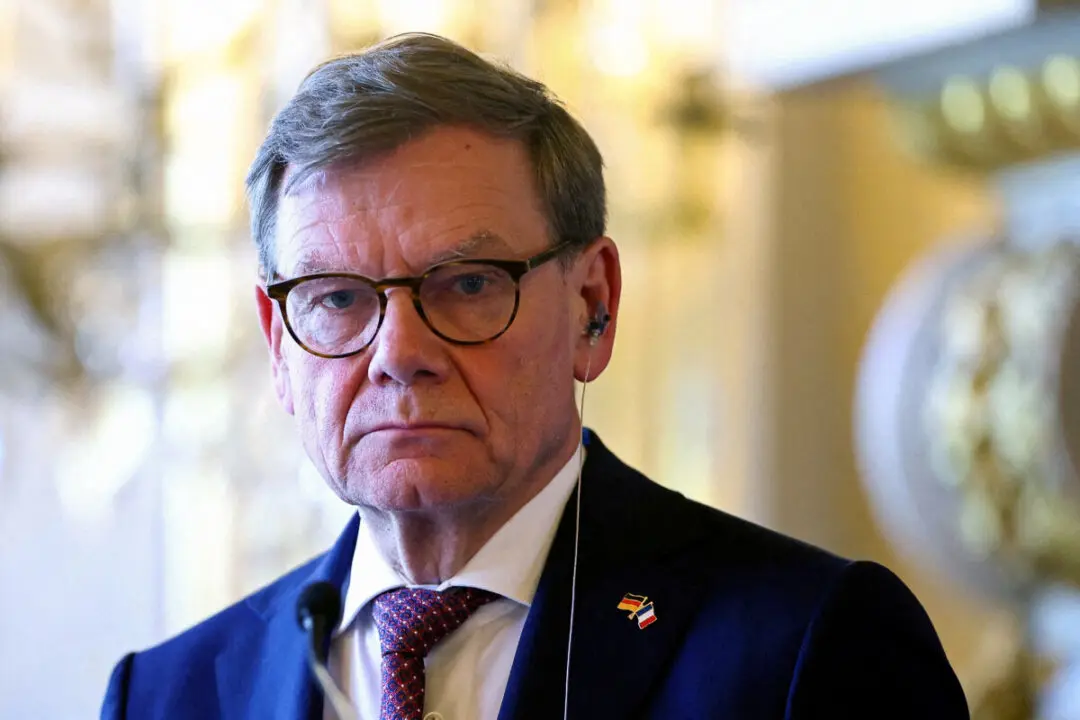Delegates of the Labour Party Conference have backed a union motion urging the new government to reverse its decision to cut Winter Fuel Payments for millions of pensioners.
While the vote is not binding and ministers have made clear the policy will not be changed, it represents the strength of opposition to the plans, notably from the trade union movement with which the party has historical ties.
“This is not what people voted for. It is the wrong decision and needs to be reversed.
“Friends, we are the sixth richest economy in the world. We have the money. Britain needs investment, not austerity mark two. We won’t get any gold badge for shaving peanuts off our debt.”
Simon Francis, coordinator of the End Fuel Poverty Coalition, said in response to the vote: “Labour Conference has understood what ministers have failed to acknowledge, that removing the Winter Fuel Payment at short notice and from so many people is wrong.
11.6 Million Received Allowance
From this winter, only people on Pension Credit or other means-tested benefits will receive the payments, estimated as being worth up to £300 this year.For weeks, ministers have been defending the cuts, saying they are needed to help fix the economy.
The government’s defence of the measures continued during the conference, with Secretary of State for Work and Pensions Liz Kendall saying earlier on Wednesday that it “wasn’t a decision we wanted or expected to make.”
Kendall continued to say that “this Labour government has done more to help the poorest pensioners in the last two months than the Tories did in 14 years.”
The secretary of state said that her government had conducted the biggest ever drive to increase Pension Credit uptake, backed by Labour’s commitment to the pensions triple lock, which will increase the state pension by an estimated £1,700 during this Parliament.
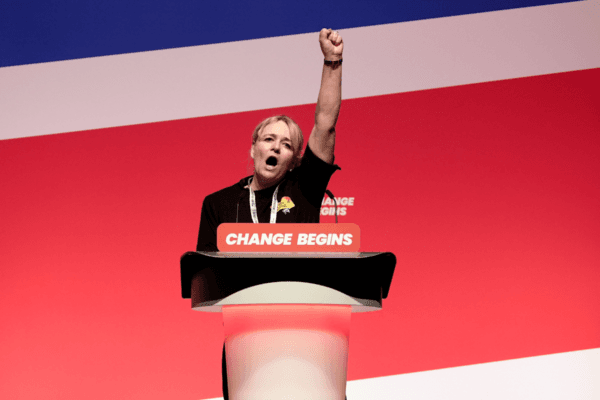
‘War on Pensioners’
Charity Age UK has criticised the decision to cut the winter fuel allowance, describing it as “reckless and wrong,” saying the decision came with “virtually no notice and no compensatory measures to protect poor and vulnerable pensioners.”Pensions consultancy firm Lane Clark & Peacock (LCP) also warned that up to 1.6 million pensioners living below the unofficial poverty line—an internationally-accepted benchmark where household income is below 60 percent of the national average—could be affected.
The pension specialists said the reason behind this high number could be that people are eligible but simply have not applied for it, with the DWP estimating there could be around 800,000 pensioners in this position.
Another reason could be that while these seniors may have enough money to cover the basic costs of living, they also may have other costs like mortgages and rent, which if being paid out of their core income could be pushing them below the poverty line.
LCP said that limiting pensions only to those on Pension Credit could result in the “vast majority of pensioners below the poverty line losing out.”
Tory Chairman Richard Fuller said that Labour was declaring a “war on pensioners.”
“People who have worked their whole lives and done the right thing deserve dignity and security in retirement instead of being hung out to dry by this Labour government,” Fuller said.
